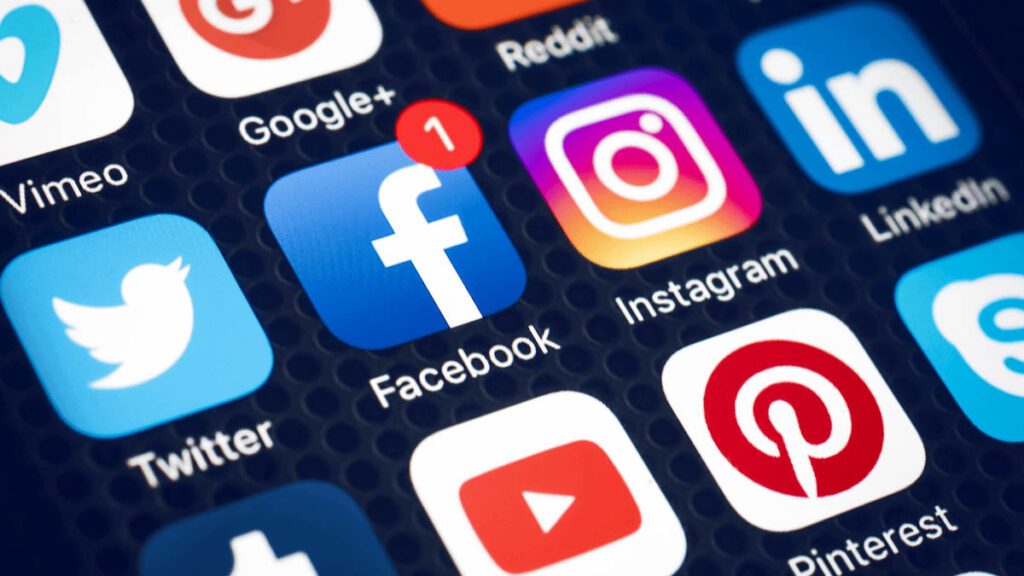Australia plans laws to make social networks identify trolls

In a step meant to set restrictions on social media platforms, the Australian government is planning to introduce laws that force social media platforms to “unmask” online trolls despite experts saying it will do little to reduce online abuse.
Prime Minister Scott Morrison revealed plans for legislation that could force social networks to reveal the identities of trolls and others making defamatory comments. A complaint mechanism would require online platforms to take these hostile posts down, and if they don’t, the court system could order a given site to provide details of the offending poster.
“Digital platforms, these online companies, must have proper processes to enable the takedown of this content. There needs to be an easy and quick and fast way for people to raise these issues with these platforms and get it taken down,” Morrison said on Sunday afternoon.
The PM’s announcement of the anti-troll social media legislation comes two months after he said social media platforms were a “coward’s palace” and declared that they would be viewed as publishers if they are unwilling to identify users that post foul and offensive content.
In addition, the proposed laws would also make it mandatory for social media platforms to have a standardised complaints system that allows defamatory remarks to be removed and trolls identified with their consent.
As such, Digital Rights Watch executive director Lucie Krahulcova, made some remarks regarding these laws, saying they are not focused on pursuing people who libel, malign, harass, or commit similar crimes online.
“They’re not actually very excited about enforcing [existing laws] on behalf of women, people of colour, and historically I think there’s plenty of evidence of that in Australia,” Krahulcova said.
The laws, if passed, would also redirect the liability for potential defamation from organisations running a social media page to social media platforms instead.
Federal Attorney-General Michaelia Cash explained the attempt to shift defamation liability is in response to the recent Voller High Court case, which set a legal precedent where Australians who maintain social media pages could be publishers of defamatory comments made by others on social media even if they did not know about the comments. Since the ruling, media outlet CNN disabled its Facebook page in Australia.
